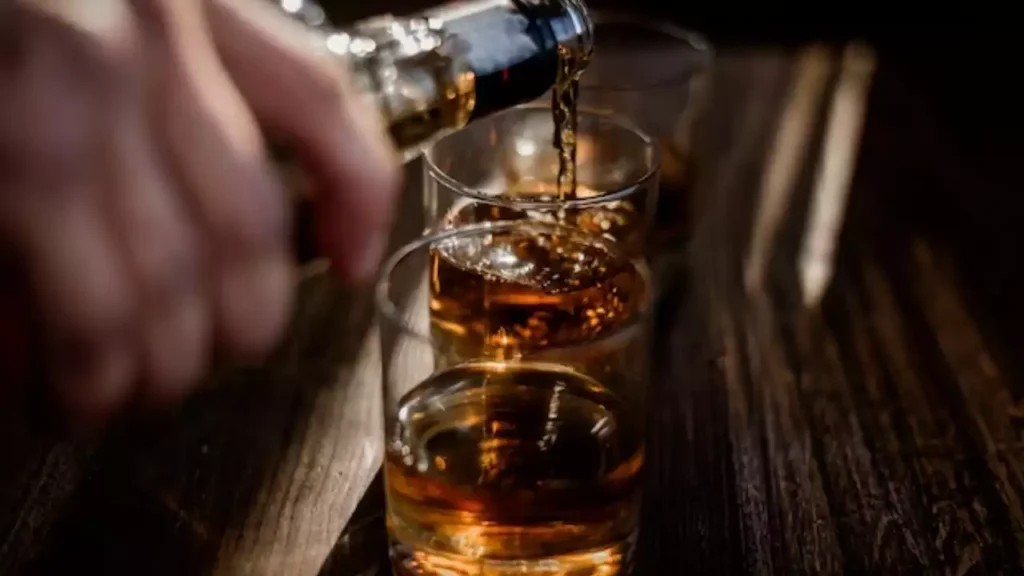Diageo, the leading distiller, and Anheuser-Busch InBev, the largest brewer globally, have asserted their readiness to manage sales and supply chain disruptions anticipated during the upcoming general elections in India. This period typically involves a prohibition on the sale and consumption of liquor on and around the voting days.
“Generally, during elections in India, what we have seen in the past is that there are temporary restrictions imposed by various states like the sale of alcohol. So, I think that would be something that we would anticipate. We know the team in India knows how to manage through that. And I am sure that they will continue to do a good job on that,” Lavanya Chandrashekar, Diageo’s global chief financial officer, told investors, adding that the trend on regulations has been moving in the right direction in India.
During elections, several excise officials assigned to liquor factories are enlisted for election duty, in addition to the increase in dry days.
AB InBev, the producer of Budweiser and Hoegaarden, anticipates minimal disruptions amid elections and is making preparations to counterbalance any brewing and distribution alterations throughout the peak summer season. This period constitutes more than a third of beer sales.
“We are actively monitoring this to proactively address any production or supply challenges. Summer being the peak season for beer consumption in India, we remain committed to ensuring an uninterrupted and robust supply to meet the existing consumer demand,” said Anasuya Ray, vice-president-corporate affairs, AB InBev India.
Continue Exploring: Indigenous spirits shine: India’s liquor exports soar, set to break $1 Billion barrier
Many firms have expressed their intention to proactively address and mitigate the potential impact on their business throughout the entire value chain. This includes retailers stocking up on additional inventory and factories producing more unfinished goods in advance. While there has been a historical surge in sales for lower-priced products during elections, this trend has diminished over the past decade.
Potential disruptions might occur during a period when the demand for spirits is already hindered by reduced sales of lower-priced products, elevated taxes, and a high sales base. In India, several state governments exert control over either liquor retailing, wholesale distribution, or both, with taxes serving as a significant revenue source for them. Nevertheless, businesses have noted a trend towards a more progressive approach by the government.
“Several of the larger states have reduced their import duties or excise duties on alcohol products over the last 18 to 24 months. We are still hopeful around the FTA. With regulations moving in the right direction, I think this all bodes really well for Diageo,” Lavanya said.
Continue Exploring: Noida administration urges residents to report cross-border liquor purchases; unveils fines for offenders
